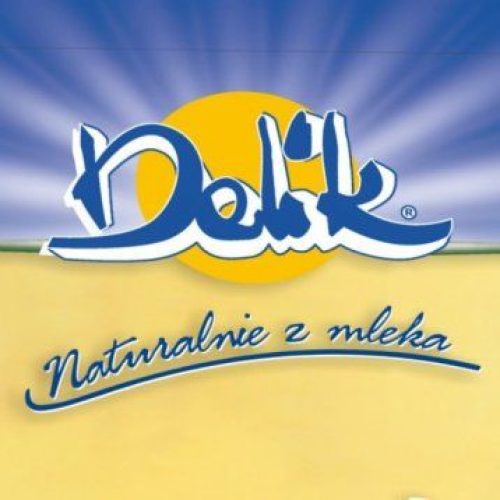The operation strategy of ROTR is clear. We are a growing mid-size company that focuses on the core business line, which is dairy production. Divisions that are not related to the core ROTR activity support the “production" areas. This corporate policy applies also to the IT Department that I represent and which is de facto a one-person structure. During the selection of an ERP system we did not have any extensive hardware infrastructure, technical facilities or a multi-person team with IT skills. However, when we started to look for an ERP system, we came to the conclusion that our internal IT resources should not limit us when choosing a solution. The selection of an ERP system should be based on the needs of the entire organization and its managers rather than on the abilities of the IT department to maintain it. If we used this criterion, it would be a challenge to maintain most of extensive systems. Therefore, we decided not to take into account internal IT resources when choosing an ERP system.
At ROTR, we use the best solutions, so we applied the same selection criteria when choosing an ERP system. The ROTR Board was determined to implement the best ERP system available on the market. In the first place, we wanted to implement key areas and we were faithful to this approach. The preparation of a detailed scope of the project in the form of an analysis was entrusted to 7milowy, a BCC Group company (now All for One Poland) a company that specializes in SAP projects for medium-sized enterprises.
One of the recommendations of the pre-implementation audit was to outsource the SAP system maintenance to an external partner. The costs of building a team of SAP administrators inside ROTR, buying a hardware platform, preparing server rooms would be definitely higher than the costs of working with an outsourcing partner. In addition, if we had wanted to build new competencies at ROTR, this could have delayed the implementation project. Therefore, SAP outsourcing was a natural step – an optimal one for ROTR in terms of time and costs.
We signed our outsourcing contract in parallel with an agreement for SAP SPRINT implementation. We wanted to work with a single organization in order to avoid the dispersion of responsibility. Of course, we also looked at other companies and their offerings in order to do a market research. Finally, we decided to choose the BCC offering because of its experience in working with mid-size companies and tailoring of its outsourcing offer to our expectations and capabilities.
At ROTR, we prefer a staged approach to SAP issues. We have implemented the SAP system in this way and we are implementing the outsourcing policy in the same manner. The first outsourcing contract was the cooperation in SAP hosting and administration. After a few months, the BCC Outsourcing Center started to provide WAN outsourcing services to us.
The outsourcing worked well with regard to technological issues, so we were sure that it would also pass the exam in the field of consulting. After a year, we decided to purchase application management services at. The SAP system at ROTR is not a static solution, we are constantly developing and adapting it to our needs.
We have been using SAP outsourcing for over 3 years. The outsourcing model works well at ROTR, so we continue this policy. We have available and efficient SAP systems and the BCC Outsourcing Center fully meets its contractual obligations. In December 2011, we expanded the hosting at BCC to cover SAP Business Intelligence solutions, including the SAP BW data warehouse and the SAP BusinessObjects reporting system. Currently, all SAP systems of ROTR are supported by the BCC Outsourcing Center.
I recommend outsourcing as a way to maintain an ERP system to both small and medium-sized enterprises. I appreciate first of all the predictability of costs. I can plan budgets based on real, fixed fees for maintenance of systems. A guarantee of high availability and performance of the system is another argument. Systems are in professional hands, which translates into a high level of security of our solutions.
When selecting an outsourcing partner, I encourage you to verify their organization, competence, certifications held by employees and, of course, their client portfolio. It is also recommended to check whether the outsourcer supports other companies of a size similar to ours. Another argument in the final selection may be the vendor’s flexibility in drawing up a contract and planning the scope of cooperation. This is particularly important for medium-sized organizations that have a smaller IT potential and expect a partnership approach.
At ROTR, we prove that you do not need extensive IT facilities to use a leading ERP system. So when it comes to SAP, it’s best to use it on an outsourcing basis.


